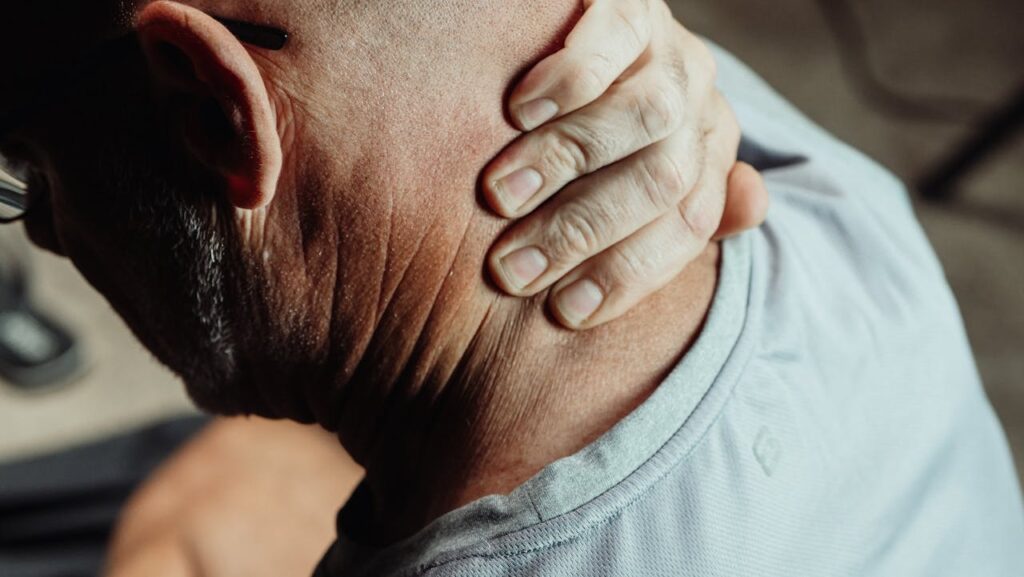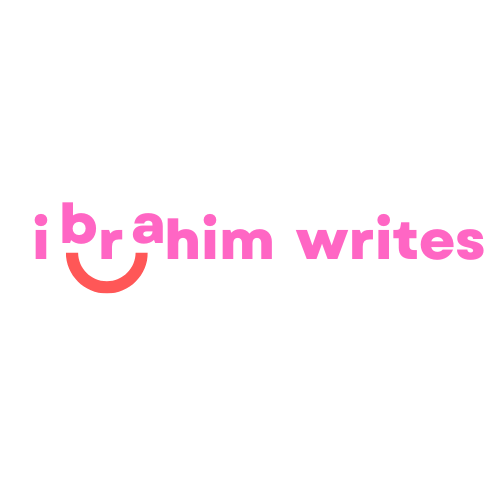Discover the 9 best anxiety treatments symptoms, medications, and calming techniques. Manage anxiety effectively with expert tips, therapies, and remedies.
Anxiety is a common emotional response due to stress, fear, or uncertainty, sometimes seen in any age person. When sensitive people embrace the feeling of tenderness toward experiences, they avoid fearing the blossoming emotions they might experience.
Everyone has his pown perplexing moments. Yet, everlasting tension may interfere with everyday life and confound one’s mind. At such times, proper treatment may consist of therapy or medication practices, and sometimes even relaxation techniques for the effective management of anxiety, for the improvement of the individual’s wellness and quality of life in general.
9 Best Anxiety Treatments Symptoms Medications & Calming Techniques
Anxiety has been with me it’s a partial manifestation of my emotional journey. Realizing the various manifestations and treating them would serve a great purpose in managing anxiety better. The following sections elaborate on the treatment options with headings and highlight the important points in bold.
1. Understand the Symptoms of Anxiety
Anxiety manifests through various physical and emotional signs:
- Excessive Worry
- Restlessness or Feeling on Edge
- Rapid Heartbeat
- Sweating and Trembling
- Sleep Disturbances
- Muscle Tension and Fatigue

Recognizing these symptoms early helps in seeking timely treatment.
2. Selective Serotonin Reuptake Inhibitors (SSRIs)
Fluoxetine and sertraline serve as the first-line medications in the category of acute serotonin reuptake inhibitors, commonly managing anxiety disorders by altering serotonin levels in the body.These drugs remain fairly safe on long-term occurrence and project very few side effects during administration.
3. Benzodiazepines for Quick Relief
Avoid caffeine, alcohol, or any related substances, and maintain a balanced diet to support good mental health. Without both, managing anxiety becomes difficult.
4. Beta-blockers for Physical Symptoms
We must reevaluate and more deeply discount heart rate, which is really at the core of palpitation care.
5. Cognitive Behavioral Therapy (CBT)
Topics for cognitive-behavioral cognitive-behavior therapy address negative thoughts, which have proven to be effective in granting complete long-term success with anxiety.
6. Deep Breathing and Relaxation Exercises
The activities are instant tools of fight and flight which begin with deep breath work by an individual to balance the stress once you encounter it.
7. Regular Physical Exercise
A good workout-or rather a good type of exercise-gymnastics, jogging, or even cycling-inevitably helps to liberate endorphins that act naturally to refresh, brighten, and relieve stress.
8. Maintain a Healthy Lifestyle
Avoid caffeine, alcohol, or any related substances, and maintain a balanced diet to support good mental health. Failing to do both makes anxiety management difficult.
9. Join Support Groups or Counseling
Therapy sessions and support groups provide emotional support and coping strategies as common issues to overcome anxiety.
Anxiety test
An anxiety irregularity is a psychological self-assessment for screening that is created to determine a person’s level of anxiety. It strives to help individuals view their experiences with anxiety such as excessive worry, fear, restlessness, or physical discomfort in numerical terms.
The test is usually conducted based on questions or statements related to emotional and physical symptoms. Your rating is on a scale based on how often you experience a particular symptom. At the end of this process, your whole score assesses the severity of anxiety ranging from mild to severe.
Purpose of an Anxiety Test
- Measure anxiety levels
- Identify common anxiety symptoms
- Help people recognize if professional help is needed
- Guide for seeking treatments like therapy or medication
Propranolol for Anxiety: How It Works and Benefits
Propranolol is an antiarrhythmic drug that has the properties of beta-blockers. Such a drug is used for the treatment of conditions such as hypertension and cardiac disorders. Apart from these usages, it has shown benefits for patients with migraines along with those where it is likely to have a good effect on treatment.
Doctors also prescribe this medication off-label to treat various forms of anxiety, including performance anxiety and anxiety triggered by situations like public speaking, presenting, or attending social events.
How Propranolol Works for Anxiety
As these drugs serve as antagonistic agents at the beta receptors, therefore, propranolol negates this body’s response to the adrenaline (epinephrine) reaction. Some of the physical signs of relief during anxiety would include:
- Rapid heartbeat
- Trembling or shaking
- Sweating
- Shortness of breath
- Nervousness
Best Time To Take Lexapro For Anxiety
When is the best time to take Lexapro for anxiety? This will depend on how you react to the medication. Most people prefer taking it in the morning to avoid sleep disturbances since Lexapro can sometimes cause insomnia.
But if you feel sleepy or tired, then it may be best to take the medicine at night. Anyone taking Lexapro should take it every day at the same time, with or without food, for maximum effectiveness.
In your first week, you’re looking for how your body responds in order to get an idea of when to take it for your special needs. Consult a doctor before altering the schedule to ensure it works optimally in easing anxiety.
Gabapentin for Anxiety: Uses, Benefits, and Precautions
Doctors mostly prescribe Gabapentin to suppress acute muscular spasms, relieve neuropathic pain from nerve injuries, or treat malignant pain syndromes. In some cases, they also use it off-label for select patients with social anxiety disorder.
It slows down the heightening speed of discharge of chemicals having profound effects on the brain called neurotransmitters thus calming down an overly activated nervous system to help control anxiety symptoms.

Cool lefties think that this proposition of such an advanced figure may deal with generalized problems and be quite efficient in difficult-remove acute boils on the system. By decreasing restlessness and the incessant worrying that ail somebody, the medication acts to beautify his or her movements.
You need to realize that Wellbutrin (bupropion) is used not only for depression but also for smoking cessation; it is not a drug of choice for treating anxiety since in many cases it could increase anxiety.
For certain combinations of depression along anxiety, some experts may recommend it in combination with other medications. Wellbutrin is also not recommended for anxiety without direction from your physician.
Utilizing techniques such as deep breathing, mindfulness techniques, and grounding will all prove an effective way to lessen anxiety levels.
These gentle but active restorative practices could include mild exercise, listening to calming music, or progressive relaxation. It is advisable to consult a mental health professional who may suggest specific interventions on the issue.
Chest discomfort can also be a result of anxiety due to rapid breathing, muscle tension, or panic attacks, and it’s most often felt as a sharp or tight pressure in the chest . Besides becoming part of the Heparin dip pan, Indian Club may find its way into the slow down or halt in inappropriate tendencies indoors or in the water.
Conclusion
Anxiety comes as no surprise that it’s a top mental health disorder affecting the brain and the body, as well as the external symptoms often accompanying it: excessive restlessness and worry, a heaviness in the chest, and any other bodily discomforts.
In the therapeutic regimen there are drugs such as Wellbutrin, gabapentin, and propranolol; and relaxation techniques such as yoga, deep breathin,g and mindfulness. Yet, it is very important to consult a health professional for a proper diagnosis and treatment requirements of the individual. Anxiety can be controlled for better living and a better quality of life.



